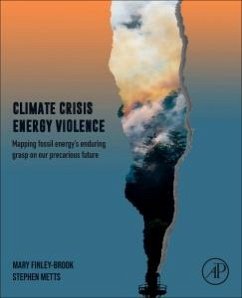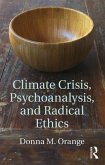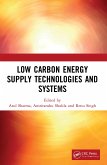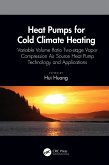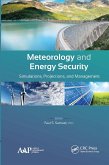Climate Crisis, Energy Violence: Mapping Fossil Energy’s Enduring Grasp on Our Precarious Future communicates the breadth and scope of fossil fuel infrastructure and its global impact. Comparative research coupled with data and maps accentuates the spatial, temporal, and physical forms of energy violence. Over 25 international case studies track the world’s three primary fossil fuels-first coal, followed by oil, then gas-revealing patterns of loss and damage, as well as industrial tactics of climate delay and deception used to prolong fossil fuel harms. Through analyses of hotspots, sacrifice zones, fast vs slow violence, death prints and fuel life cycles, immediate ecological damage as well as long-term climate impacts are revealed, tied directly to fossil fuel interests. In detailing the broad scope of damage from energy extraction systems, this book provides a compelling argument to move past fossil fuels, directly confronting the climate crisis through energy justice alliances.
Hinweis: Dieser Artikel kann nur an eine deutsche Lieferadresse ausgeliefert werden.
Hinweis: Dieser Artikel kann nur an eine deutsche Lieferadresse ausgeliefert werden.

